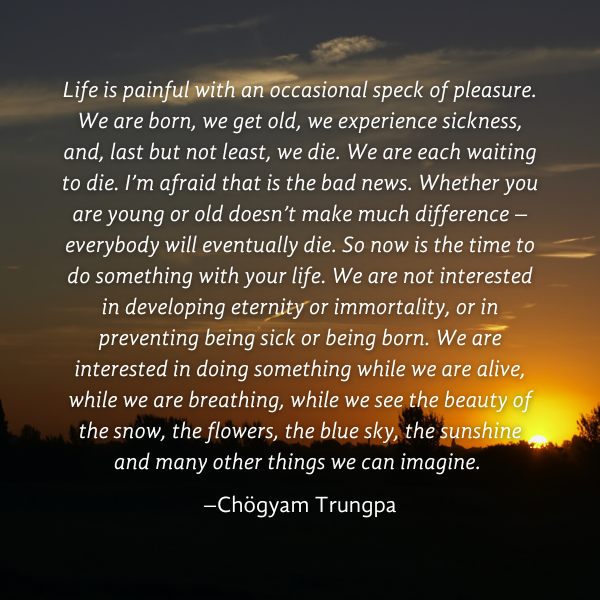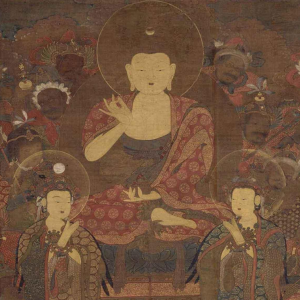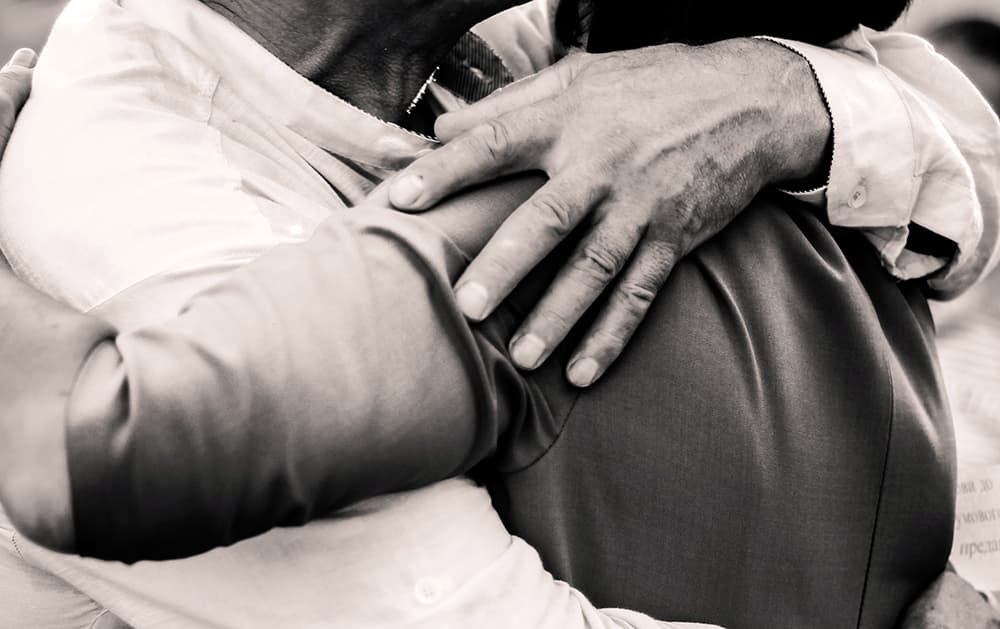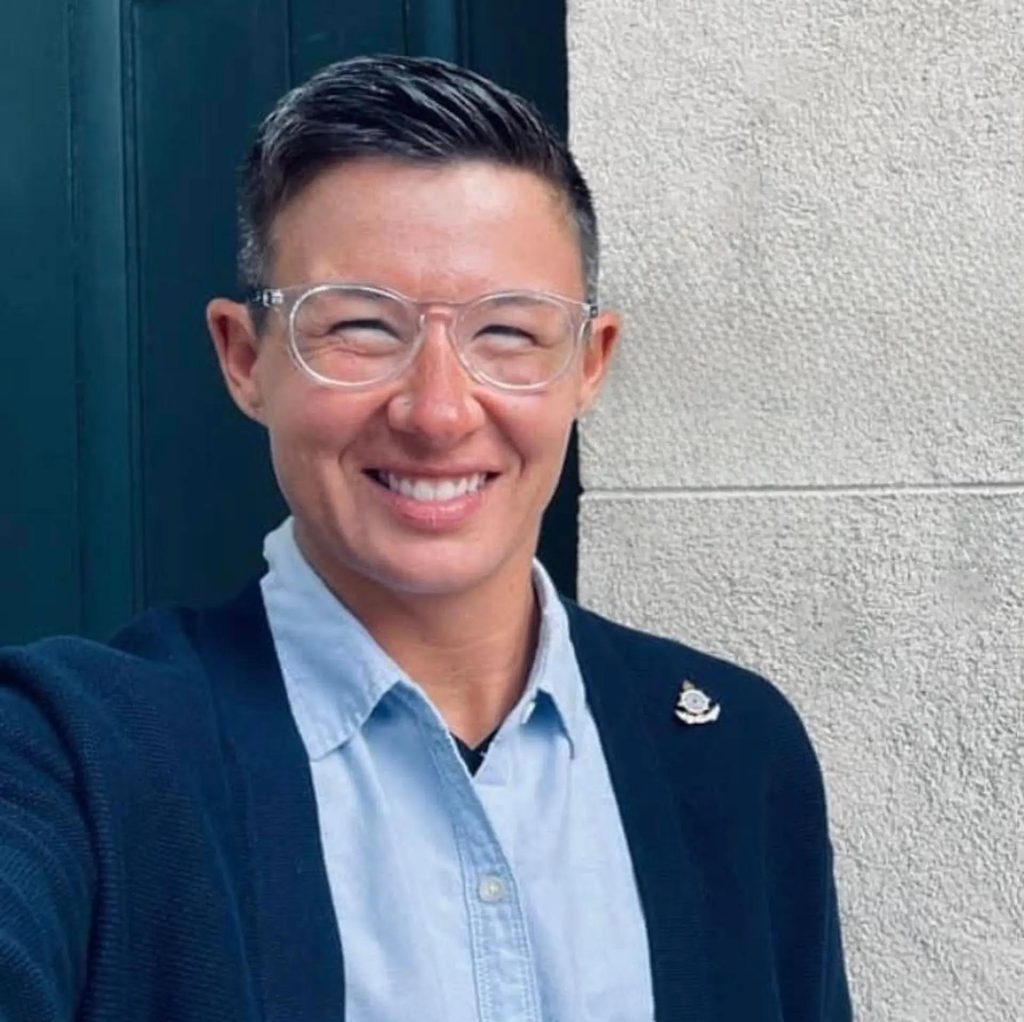Thursday
Dying & Death Classes on Shambhala Online
By Alley Smith

Death is the greatest of all teachers. –The Buddha
Shambhala Online has been offering a variety of courses on topics related to dying and death. These topics enable the sangha and outside community members to gather and think about death, engage in contemplative practices, and toil with topics such as fear, anxiety, the unknown, and how to have conversations about death.
The Shambhala community is gathering with purpose: to understand the dying process, to recognize and articulate the role of spiritual, religious and existential support, practices, and cultural norms within the modern Buddhist context. The result is tremendous openness and courage to face the inevitable and unknown in a gentle and relaxed way.
As Chögyam Trungpa Rinpoche says, Life is painful with an occasional speck of pleasure. We are born, we get old, we experience sickness, and, last but not least, we die. We are each waiting to die. I’m afraid that is the bad news. Whether you are young or old doesn’t make much difference – everybody will eventually die. So now is the time to do something with your life. We are not interested in developing eternity or immortality, or in preventing being sick or being born. We are interested in doing something while we are alive, while we are breathing, while we see the beauty of the snow, the flowers, the blue sky, the sunshine and many other things we can imagine.
While we are alive we can explore our personal belief systems about dying and death, our struggles, vulnerabilities, strong emotions, personal values, needs, and much more. Death has so much to teach us. Even as the Buddha was dying, he taught that suffering (dukkha) comes from not living in accordance with the truth of impermanence and interdependence. Death itself is a profound spiritual transmission.
Students have been gathering across the global community at Shambhala centers in Seattle, Dallas, Halifax, Los Angeles, and Philadelphia to offer support and practice advice. Communities are interested and invested in doing something while they are alive, while breathing, to be embraced by the sangha, to be met with unconditional kindness and the warmth of the Great Eastern Sun.
In the end, everything is left up to the individual. Therefore, most Buddhists do not take the truth of impermanence half-heartedly. Whether we are studying the Tibetan Book of the Dead, teachings of Amitabha Buddha, the Pure Lands, Sukhavati, Bodhichitta, the Bardos, and a vast array of teachings, we must do as many great Rinpoches and Tibetan lamas suggest. Engage in whichever practices are clearest, familiar, and most vivid on our deathbeds.
While we are alive we must be willing to face old age, sickness, and death with confidence and fearlessness. We must abandon any notion of resentment and attachment. Ask yourself, why would the Buddha say, Death is the greatest of all teachers? What can we learn from his words? In the end, as Trungpa Rinpoche says, “It’s up to you sweetheart.”
Shambhala Online would like to invite you to attend any one of these upcoming sessions in 2025:
Fear & Fearlessness: Navigating Life & Loss
March 27. During this online session, we will explore Chögyam Trungpa Rinpoche’s teachings on “Fear and Fearlessness” from the timeless classic, Shambhala: The Sacred Path of the Warrior.
The Buddha’s Discourse on Teachings to Be Given to the Sick
November 1. During this mini-retreat, we will read and explore the Buddha’s Discourse on the Teachings to Be Given to the Sick. We will examine traditional Buddhist teachings on the six senses, six sense objects, six elements, the five aggregates, and more.
Making Friends with Death & Dying: Support Group (1st Monday night of every month)
Next session April 7. Support group sessions will include a short talk, meditation practice, and an open forum to discuss personal experiences with old age, sickness, death, grief and bereavement. All are welcome. We respect your privacy. These sessions will not be recorded.
The 49 Day Ceremony: A Celebration of Life & Death
December 13. Join Chaplain Alley Smith for a 3-hour online mini-retreat as she guides participants into a deeper understanding of the 49 Day Ceremony and the common Buddhist practices and rituals that follow someone’s death – all within a modern Buddhist context.
Alley Smith (she/her) is an ordained Zen Buddhist Chaplain, scholar, researcher, and lecturer who serves at a college and university. Alley is deeply influenced by Pure Land Buddhism and Vajrayana. She has been a member of Shambhala and Zen since 1999. Alley works in the funeral industry in Vermont. She teaches a number of courses on Shambhala Online.
Entries filed under Dharma Teachings
There Will Be Mishaps – HIGHLIGHT
By Walt Hernandez One of the Kagyu mystics once said, “Being in the Kagyu tradition, the Kagyu lineage, is like inheriting constant mishaps. Constant mishaps. That’s true. If you are actually in contact with reality, and particularly if you are in control of reality, then you ... continuePosted August 29, 2009 by
“Wow!” – HIGHLIGHT
From the column Dharma Snacks by Cynthia Kneen Society is made up of individuals. Really, enlightened society is an individuals’ community. There is no extra “thing” called society. The spark, or magic, lies in our individuality rather than our uniformity. But 2+2=5 when individuals share the same ... continuePosted August 28, 2009 by
Part 2: When Monsters Become Protectors – HIGHLIGHT
The Transformational Power of Storytelling By Laura Simms Click here for Part 1 This story of The Transitional Place reflects what I feel I have begun to understand about the possibility of transforming energy through story. This is at the root of what I want to continue to ... continuePosted August 25, 2009 by
When Monsters Become Protectors – HIGHLIGHT
The Transformational Power of Storytelling By Laura Simms Shortly after 9/11, I was asked to tell stories to children at several public schools in downtown Manhattan. My task was to generate conversations with children about what they had experienced and what fears were lingering. I went ... continuePosted August 24, 2009 by
Celebrating Sophistication – HIGHLIGHT
By Sangyum Agness Au I write this from San Francisco, as a grand gathering of family and friends of the Au Clan draws to a close. Five generations have come together to celebrate my father’s 90th birthday, from his 96 and 93 year old Canadian ... continuePosted August 20, 2009 by
Basic Space: Manifesting the Feminine Principle – HIGHLIGHT
By the Druk Sakyong Wangmo, Lady Diana Mukpo I am delighted to contribute a few words about the meaning and the importance of the role of the Sakyong Wangmo, based on my perspective as the first Sakyong Wangmo of the Kingdom. I hope that there will ... continuePosted August 17, 2009 by
Creating a Sustainable Internal Environment – HIGHLIGHT
By Sakyong Mipham When the Buddha was on the verge of realizing enlightenment, he was attacked by the daughters of Mara. Mara is the seductive quality of mind that continually tricks us into thinking that the endless circle of samsara contains some kind of essence or fulfillment. ... continuePosted August 5, 2009 by Jennifer Holder
Being Buddha – HIGHLIGHT
From the weekly column Dharma Snacks by Cynthia Kneen I think a lot about society. This could be because society is the issue for Shambhala and Mahayana Buddhism, and I am part of this. But somehow it’s a deeper issue, too. Look at how troubled human society ... continuePosted August 3, 2009 by
Dharma Beyond Words – HIGHLIGHT
From the weekly column Dharma Snacks by Cynthia Kneen A Tibetan Rinpoche once said to me, “When we first came to the United States, I thought, Are Americans crazy?! Everything doesn’t have to happen in one lifetime!” I wonder about this, too. Our culture advocates taking a ... continuePosted July 23, 2009 by
Hold Your Seat – HIGHLIGHT
From the weekly column Dharma Snacks by Cynthia Kneen Once I met a Chinese Buddhist Abbot, who gave me this advice. “You have to hold your seat when circumstances of obstacle arise. It is from habitually seeing external circumstances as real that they become real obstacles.” ... continuePosted July 15, 2009 by
Prendre acte de la mort
par Chögyam Trungpa Rinpoche Lorsque nous discutons de maladie physique ou mentale, il faut reconnaître l’importance que nous accordons à notre sens de la survie. Nous voulons survivre et quand nous parlons de guérir, nous parlons en réalité de la manière de survivre. Vue sous un ... continuePosted July 12, 2009 by
Becoming Fearless Now – HIGHLIGHT
By Sakyong Mipham In the economic hardship the world is now suffering, it is possible for us to spin out and become very dualistic. When we are not sure what is going on, we react in fear and start labeling things black and white, good or ... continuePosted July 3, 2009 by Jennifer Holder
Treasury of Oral Instructions – HIGHLIGHT
Celebrating the 25th anniversary of Gampo Abbey It was the heartfelt wish of the Vidyadhara, Chogyam Trungpa Rinpoche that the monastic tradition be developed and nurtured in the West. Gampo Abbey is therefore delighted that in 2009 they are celebrating the 25th anniversary of the abbey’s founding. ... continuePosted June 18, 2009 by
Golden Fish – HIGHLIGHT
From the weekly column, Dharma Snacks, by Cynthia Kneen Once when I was living at a meditation center, a famous American writer came to visit. He asked about doing a solo retreat. I was young, junior to the venerable author, yet there I was with responsibilities to ... continuePosted June 13, 2009 by
Seven Qualities to Cultivate Every Day – HIGHLIGHT
By Sakyong Mipham Rinpoche How do we carry a dharmic view into the day? By seeing the day as our life, and our life as the path, we learn to regard everything we meet as an opportunity to practice. There are seven facets of awakened mind that ... continuePosted June 1, 2009 by Jennifer Holder
![]() RSS feed for the Dharma Teachings category
RSS feed for the Dharma Teachings category
View all posts from authors in Dharma Teachings: jillian_johnson


















